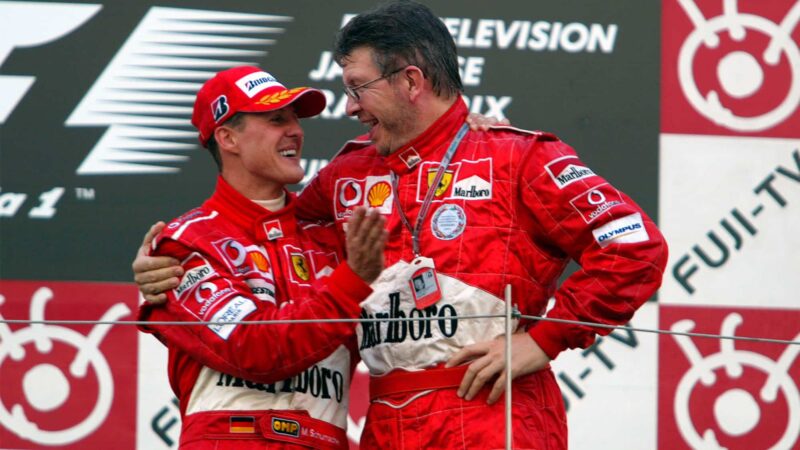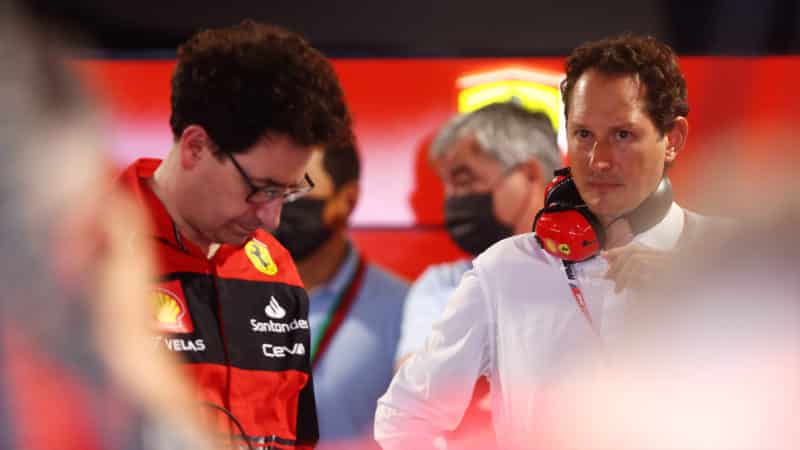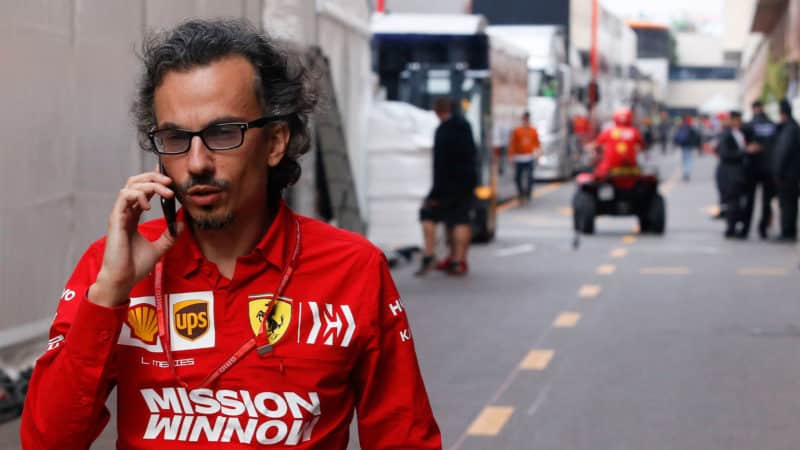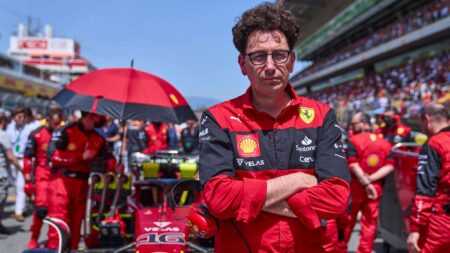The records set by Todt/Brawn/Schumacher-era Ferrari were eventually equalled or broken by Mercedes in the hybrid era, of course. Again, a big proportion of that team was peopled by those who’d been there during the previous decade of under-achievement in the BAR and Honda days just before it morphed into the one-off title-winning Brawn team. But in this example there was a change of leadership – first Ross Brawn who laid the foundations for all that was to come (just as he’d done with Todt at Ferrari) and subsequently Toto Wolff.
The appearance of Ross Brawn in each of these successes is significant. Yes, he understood very well what the pressure points were for a team in any given situation and was very effective at unblocking them. But that was just what he did. It was the way that he did it which was far more significant and which is so very relevant to Ferrari’s current problems. At both those teams he had absolute autonomy. The owners stipulated a budget and thereafter he would accept no interference. At Ferrari he did this in partnership with Todt (and to an extent Michael Schumacher), acting as a forcefield which kept any corporate interference at bay.

Schumacher/Brawn era at Ferrari brought unprecedented success – helped by latter’s protection from corporate meddling
Grand Prix Photo
Brawn has twice been courted by Ferrari to come back and apply his magic all over again. The most recent occasion came when he was already set to wind his career down. But the previous time, the only reason he said no was the corporate management not agreeing to his terms of autonomy. So, if this team is to be forever run by corporate management without the required specialised and highly intricate understanding of an F1 team, it will forever fall short of its vast potential.
Current team principal Frederic Vasseur is doubtless already feeling the mismatch between what he sees as necessary and what he is empowered to do. There has never in the history of F1 been a successful team run by a corporate management. The blueprint for success is right there in Ferrari’s own history and it’s likely going to be frustrating watching the team prove what is already obvious over and over again.




